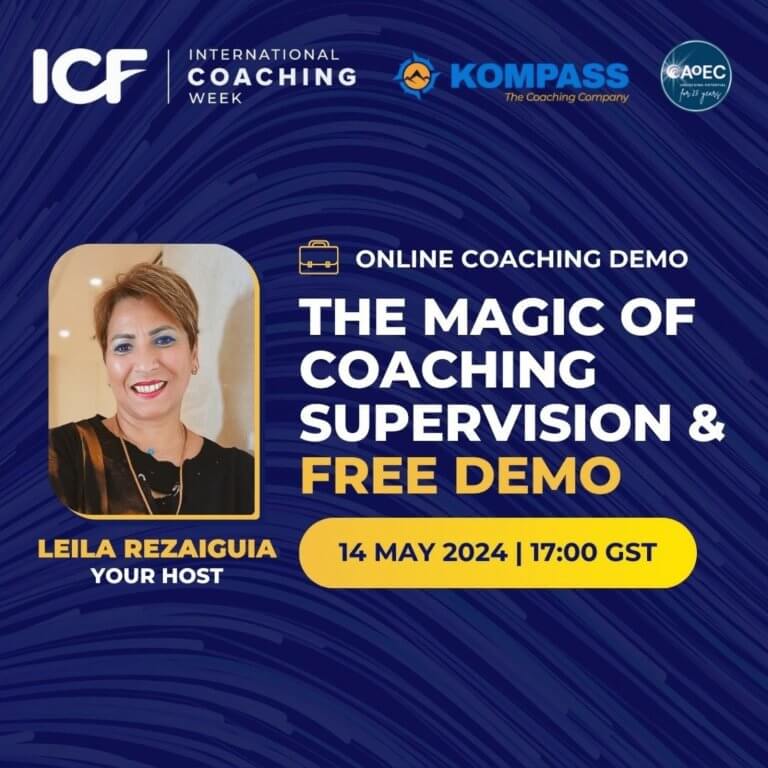In today’s corporate world, technical competence, and intellectual curiosity are no longer enough. Emotional intelligence (EI) has become essential for leadership, personal growth, and overall happiness. In this article, you will discover the advantages of working with an executive coach and the importance of enhancing your EI.
By working with a reliable ICF accredited executive coach, individuals can receive valuable support to enhance their emotional intelligence and most importantly to progress in professional lives. This article will reflect some insights from executive coaches on acknowledging the importance of emotional intelligence.
The Fundamentals of Emotional Intelligence
Emotional intelligence is vital for leadership and personal growth, encompassing key elements that unlock one’s potential. With specialized training and professional standards, an ICF certified executive coach can help you explore different perspectives for you to gain valuable insights. Their competencies support clients in thriving as leaders and achieving personal growth:
- Self-awareness: Recognizing and understanding our own emotions is the first step towards emotional intelligence. By developing self-awareness, we gain insights into our strengths, areas of development, triggers, and values.
- Self-regulation: Once we are aware of our emotions, we can learn to regulate them effectively. This involves managing impulsive reactions, staying calm under pressure, build more resilience and adapting to changing circumstances.
- Empathy: To have empathy is to feel and comprehend what other people are going through. By putting empathy into practice, we may improve our personal connections, team dynamics, and office atmosphere.
Lessons from an Executive Coach
- Emotional intelligence drives effective leadership: Leaders who possess high emotional intelligence have the ability to connect with themselves and their teams at a deeper level. They inspire, trust, communicate effectively, and motivate others to achieve common goals. Leaders can make better decisions and navigate challenging situations with grace and resilience by understanding and managing their emotions.
- Emotional intelligence enhances conflict resolution: Conflict is inevitable in any workplace. However, individuals with high emotional intelligence are skilled in resolving conflicts constructively. They can empathize with different perspectives, communicate openly, and find win-win solutions that benefit all parties involved.
- Emotional intelligence promotes resilience and well-being: One of the most important aspects of emotional intelligence is the resilience to overcome hardship and have a positive point of view. Through emotional self-regulation, individuals can cope with stress, maintain a work-life balance, and foster a sense of well-being.
- Emotional intelligence fosters effective communication: Effective communication is at the heart of successful personal and professional relationships. By honing emotional intelligence skills, individuals can enhance their listening skills, express themselves clearly, and understand non-verbal cues, leading to better communication outcomes.
Conclusion
Emotional intelligence is a transformative skill that empowers you to succeed in today’s interconnected world. With the help of a reliable executive coach with ICF credentials, it is effectively possible to develop emotional intelligence for purposeful leadership, enhance conflict resolution, promote resilience, and improve overall communication skills.
By prioritizing emotional intelligence, you can unlock your personal and professional potential through continuous learning and practice, starting with self-awareness, emotional regulation, and empathy.







